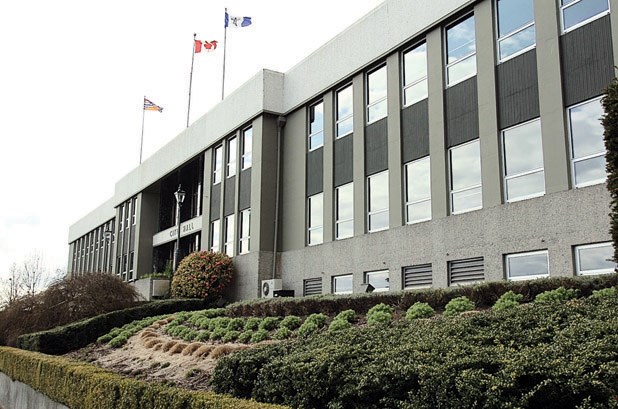The City of New Westminster wants your input on its COVID-19 recovery planning.
Along with completing an online survey, the city is inviting people to attend small group discussions on the topic. It’s also providing an opportunity for people to make arrangements to complete the survey in a different language (with a translator) by phone by emailing [email protected] or calling 604-527-4653.
“Engagement on the city’s pandemic recovery is expected to continue through the summer and into September 2020,” said a notice about the survey. “We will report back to council and the community in the fall about what we heard, and input received will be considered in recovery planning as well as various departments, projects and decision-making.”
The survey asks community members to rank their level of support for the nine principles developed by the city to guide the city’s pandemic recovery plan.
“In responding to the pandemic, the city has worked quickly to put physical changes and supports in place to help manage impacts in the community,” says the survey. “Some examples include changes to roadways to allow more space for pedestrians and cyclists, allowing expanded patio space for restaurants, and exploring creation of new parklets (outdoor seating areas, etc. that are not connected with a specific business / no purchase required. In May, city council passed a resolution to “move quickly in 2020 to expand road re-allocation toward pedestrian, cyclist, and public gathering space, using temporary measures where necessary with a mind towards more permanent solutions that can be applied after the period of crisis has passed.”
Aside from initiatives that have already been introduced, the survey asks survey respondents if they have any ideas for additional physical changes or innovations residents would like the city to consider in their neighbourhoods or in New Westminster as it moves through the recovery period and plans for the post-pandemic future.
The survey also asks people to rank the community benefits the city is anticipating as a result of city council’s declaration of a climate emergency and support of Seven Bold Steps on climate change – initiatives approved prior to the pandemic. It also asks if there are any particular climate-action activities the city should prioritize through the recovery period.
Prior to the pandemic, council approved a 2019 to 2022 strategic plan that identified priority areas, which included: affordable housing; culture and economic development; environment and climate action; reconciliation, inclusion and engagement; and sustainable transportation. In light of “the new COVID-19 pandemic reality and thinking about recovery” the survey asks how important these priorities are now, what types of actions in these areas are most important, and if any new priorities have come to light because of the pandemic.
According to the survey, the pandemic has increased and drawn attention to ongoing social issues and inequities in New Westminster, including economic inequality, systemic racism, quality of long-term care for and social isolation of elders and people with disabilities, the opioid overdose crisis, food insecurity, lack of affordable housing, employment inequities such as precarious jobs with no sick leave or other benefits, increasing poverty due to job loss, lack of affordable childcare, domestic violence, and others. On this front, the survey asks what actions the city should take to build a more equitable, sustainable and resilient city, and questions the degree of support for the city’s efforts to take transformation action during the pandemic recovery and beyond.
“City council would specifically like to hear from members of demographic groups that have been disproportionally impacted by the COVID-19 pandemic,” said the survey. “This information is important to understand what perspectives might be missing from the conversation, and to ensure diversity of participation.”



